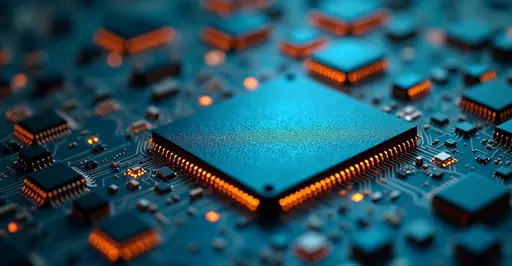
The Rise of Human Microchip Implants in Corporate Environments
Workplace security is undergoing a radical transformation as companies increasingly turn to microchip implant technology for employee access control. These rice-sized RFID chips, typically implanted between the thumb and forefinger, are being marketed as the ultimate solution for secure building access, computer logins, and equipment authentication.
How the Technology Works
The microchips use near-field communication (NFC) or radio-frequency identification (RFID) technology. When an employee waves their hand near a reader, the chip transmits a unique identifier that grants access to secured areas, computers, or equipment. The procedure involves a quick injection similar to getting a vaccination, with the chip encapsulated in biocompatible glass to prevent rejection.
Early Adopters and Current Implementation
Wisconsin-based company Three Square Market made headlines in 2017 when it became one of the first US companies to offer microchip implants to employees voluntarily. Since then, numerous technology companies, particularly in the cybersecurity and fintech sectors, have adopted similar programs. The chips eliminate the need for keycards, passwords, or biometric scanners, streamlining access while potentially reducing security vulnerabilities associated with traditional methods.
Privacy and Ethical Concerns
Despite the convenience, the technology raises significant privacy concerns. Critics worry about potential tracking capabilities, data security breaches, and the slippery slope toward mandatory implantation. Privacy advocates argue that while companies claim the chips only contain encrypted identification numbers, the technology could theoretically be expanded to include GPS tracking or other monitoring features.
Legal experts note that current regulations vary by jurisdiction, with some states passing laws specifically prohibiting mandatory microchip implantation. The technology also raises questions about bodily autonomy and whether employees might feel pressured to undergo the procedure to remain competitive or employed.
Industry Response and Future Outlook
Proponents argue that microchip implants represent the next evolution in workplace security, offering unparalleled convenience and protection against unauthorized access. Companies implementing the technology emphasize that participation is always voluntary and that the chips contain no GPS tracking or personal data beyond encrypted identifiers.
As biometric technology continues to advance, industry analysts predict increased adoption across various sectors, particularly in high-security environments like government facilities, research laboratories, and financial institutions. However, widespread acceptance will likely depend on addressing privacy concerns and establishing clear regulatory frameworks.

 Nederlands
Nederlands English
English Français
Français Deutsch
Deutsch Español
Español Português
Português



